How Much Do You Need?
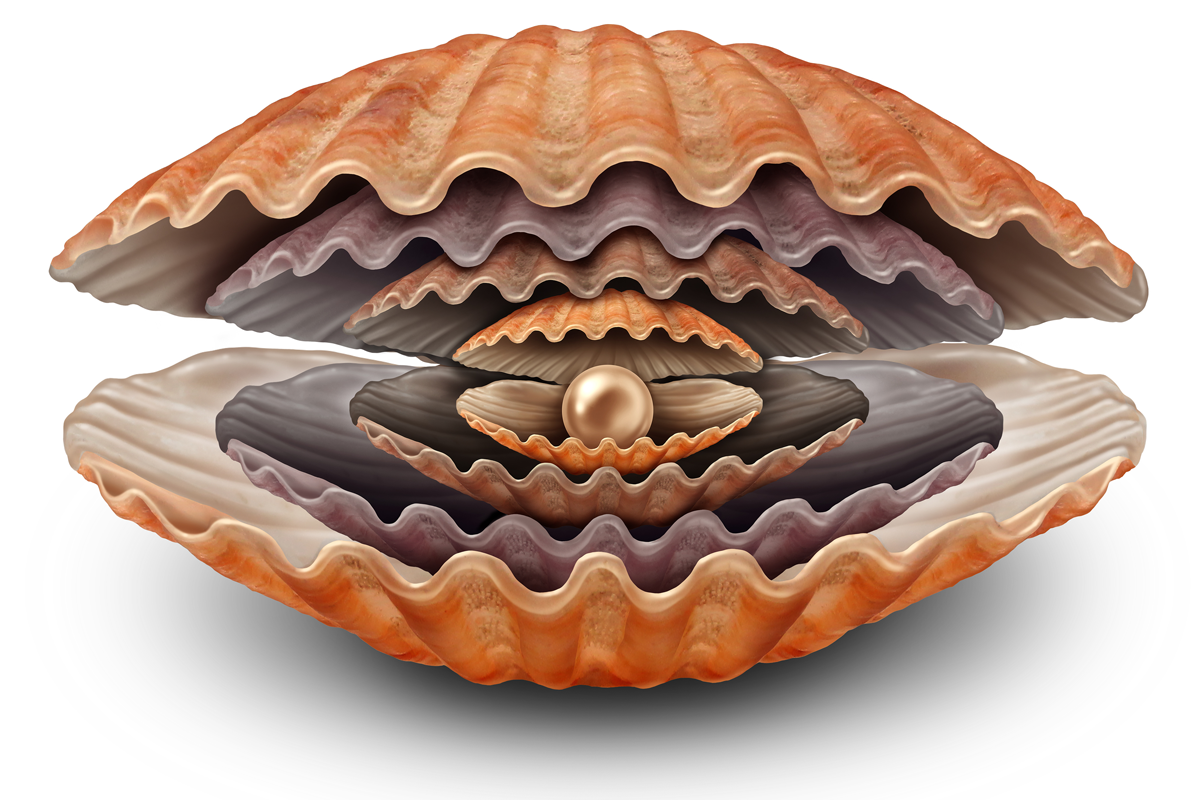
Most of us have a curious belief about some big thing that we want. This can either be a thing, a certain amount of money, or even a long range goal. The belief that we hold about this is that once we get that “thing,” whatever it happens to be, we’ll be set. We won’t need anything else.
Ten Percent More
In fact, they often do surveys of people across all income levels. They ask a simple question, “How much more money do you need?” And the answer is the same across all income levels. Ten percent more. People that are just barely able to pay the rent figure they only need about ten percent more. Ultra kajillionaire’s also figure they need about ten percent more.
Seriously, ALL I Need Is X!
We all have a number. Some people call this money, “Fuck You Money.” This idea has crept into many Hollywood moves. An amount of cash where you can give everybody the finger. They amount of money that will allow you to buy the things you need, build that secret cabin in the mountains, and let the world worry about the world, while you binge watch yourself into the sunset.
All A Myth
But this is impossible. Sure, right now you think I’m full of crap. That if you really did just get “X amount” of cash, so many millions, you really would be set. Let’s look at this from several different angles, and by the end of this post we’ll see just how mythological that idea really is.
Hot Bath Syndrome
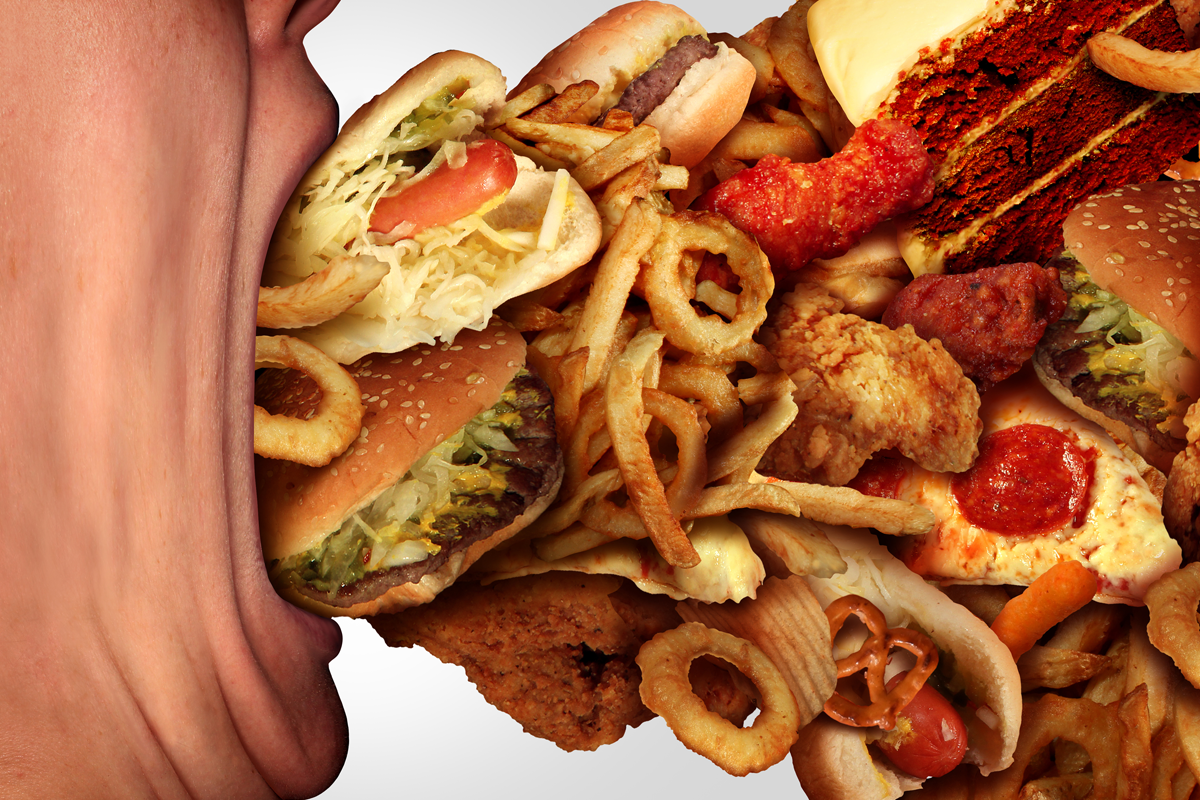
Suppose you had a long day at work. All you wanted to do was finish up, get home in time, and turn off your brain until Monday morning. You pick up something on the way home, maybe drive through and toss it on the counter. You fill a hot bath, thinking that’s ALL you need, and fill yourself a glass of wine, or maybe you bring in a fifth of Jack with you into the bathtub.
Hot Water Turns Warm
But unless you create some carefully set equilibrium between the hot water coming in, and the warm water draining out, pretty soon you’ll get bored. The first few minutes (and maybe the first couple swigs of wine or Jack) feel fantastic. But pretty soon you get bored. What once was seemingly the answer to your prayers is soon turning into something that’s overstayed its welcome.
Back To Dinner
Sure, fast food isn’t the best. But it’s Friday. And you’ve got the whole weekend. So you dig into it. Along with a few more swigs of a comfortable alcohol, you wolf it down. The first few bites are a gift from heaven. By the time you finish though, you don’t really remember the last few bites. But you’re still hungry. So you check your freezer.
Can’t Sleep
Sometimes, that food that tasted so good going in doesn’t really behave very well once it’s being passed through your digestive system. Gas, dreams, cramps, bloating, all these things make you toss and turn until morning.
The Food Metaphor
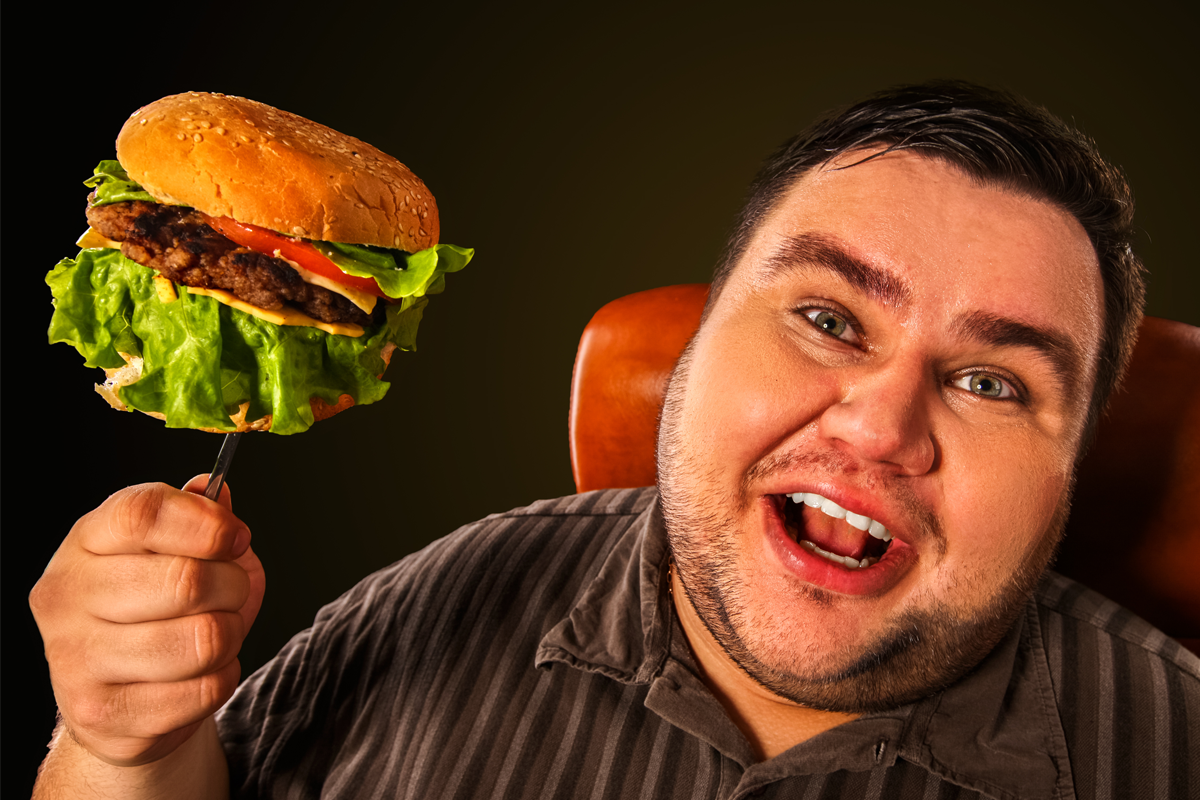
This is the easiest thing to see in terms of a never ending cycle. We humans get hungry, and then we eat and feel stuffed. Then a few hours later, we’re hungry again. Since food and the necessary calories it provides us is so important for our existence, the hungrier we get, the harder it is to think of anything else.
Even though each living human has thousands of experiences of the transition from being hungry to full and then wishing we hadn’t eaten so much, we still get excited when it’s eating time again. The hungrier we are, the more we focus on the next meal without any concern for what comes next.
The Family Feast Syndrome
Perhaps you’ve had this experience. You have a big meal coming up. Maybe Thanksgiving, maybe somebody’s birthday, maybe something else. One that’s been on the calendar for a while. On that’s got you thinking about cooking the ideal meal. Maybe one you prepared for mentally for a few weeks, or even months.
The day arrives, and you spend plenty of time getting ready. If you aren’t cooking yourself, you’re doing plenty of other things. Then the even arrives, and the transition happens without anybody realizing what just happened.
Diminishing Returns Tipping Point
When you are hungry, and you are expecting something good to eat, it feels fantastic. The closer it gets, the more excited you get. As soon as you take the first bite, however, something happens. As soon as you swallow, and get ready for another bite, the law of diminishing returns pops up. Each successive bite is needed and appreciated slightly less than each previous bite.
And with each bite, your conscious turns off a little bit more, and your subconscious takes its place. You switch from conscious appreciation of the food that you’ve anticipated, to unconscious eating. Before you know it, you keep eating, even though you don’t feel the hunger, nor the appreciation. At this point, it’s simply mechanical. Very much a chasing of the wonderful dragon of the very first bite.
Before you know it, the meal is over and it’s time to start cleaning up. This is an incredibly common and everyday experience. So normal it doesn’t even seem worthy of writing about or even talking about. But at the same time, this is a nearly mystical human experience, very much encapsulating a metaphysical part of the human existence.
The Goal Becomes The End

With food, this is hard to separate from reality since our mind-body systems have gone through millions of years of evolution where food was the most important things. In ancient mythological texts and even in Biblical stories the metaphor of a celebratory feast is ubiquitous. We use a feast to celebrate (pretty much every main event of any society involves food) because once upon a time, food was our only reason for living.
So when our brains are contemplating food, we focus on the events, the meaning, the cooking, the preparation, but the actual consumption of the calories themselves, the one thing that keeps us alive, passes by without us barely noticing.
Food Is Money
Once upon a time, all we had was food. Food came from the animals we killed. Their bones, their fur, their meat. Then we invented agriculture, and could take energy out of the ground. For the first time in human history, we had money. Money that we could save.
Saving Money Is Saving Food
Hunting animals was hard. Growing food is hard, but not so dangerous. And for the first time in human history, we had the ability to work really hard so we could take it easy in the future. Because we had money. Money was an intermediary thing between production and consumption. The more we produced but didn’t consume, the more money we had.
More Money Meant More Time To Rest
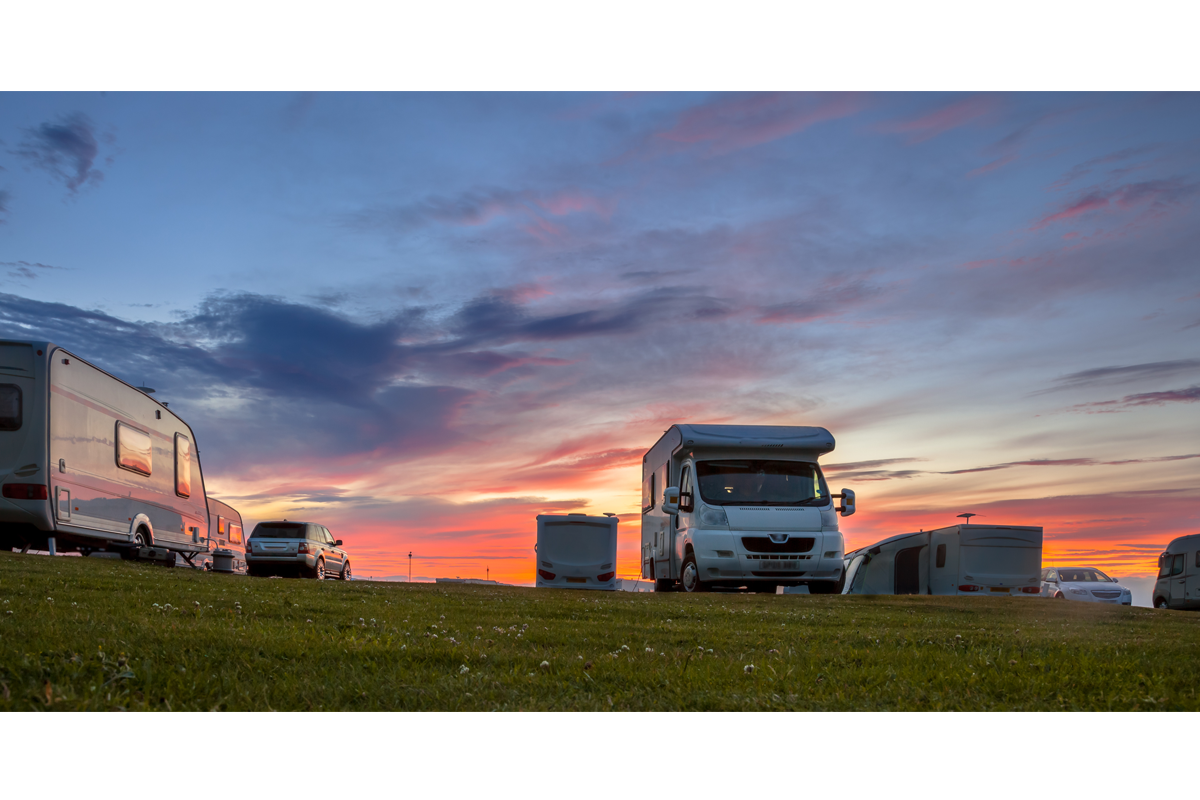
If we worked really, really hard for a few years, or decades, we could relax. Meaning could buy the food and the other things we needed, and not have to work. Despite all of our advances in technology and medicine, we still need a couple thousand calories a day.
Societies Run On Energy Like Humans Run On Food
The more money we can save, the more we can consume. Both food and energy. Energy to power our TV’s and devices. Money to buy things that take a ton of energy to produce. So far, you still might believe that if you only had X about of $$$, you’d be fine. But there are a few ideas that need to be considered.
Building Up Surplus
Way back in the day, there was an idea that was true for most people. The idea was to “go out and make your fortune.” The fortune that was referred to was the same kind of fortune that the invention of agriculture made possible. Of building up enough surplus, which was the difference between production and consumption, so you could coast for a long time.
Big City Life
The idea was young kids on the farm would “go out and make their fortune.” Meaning they would leave the farm, go to the city, and work any way they could, and save as much as they could. It was very possible to work hard enough for ten or even twenty years to return back to the farm and take it easy.
In fact, one of the most famous “kids” who left the farm to go out and “make his fortune” did so, and ended up being one of the most recognized inventor-business people who ever lived. Young Henry Ford grew up on a farm, but left to work in the city because once his mom died, he didn’t see any reason to stick around. The rest, as they say, is history.
Modern Fortunes
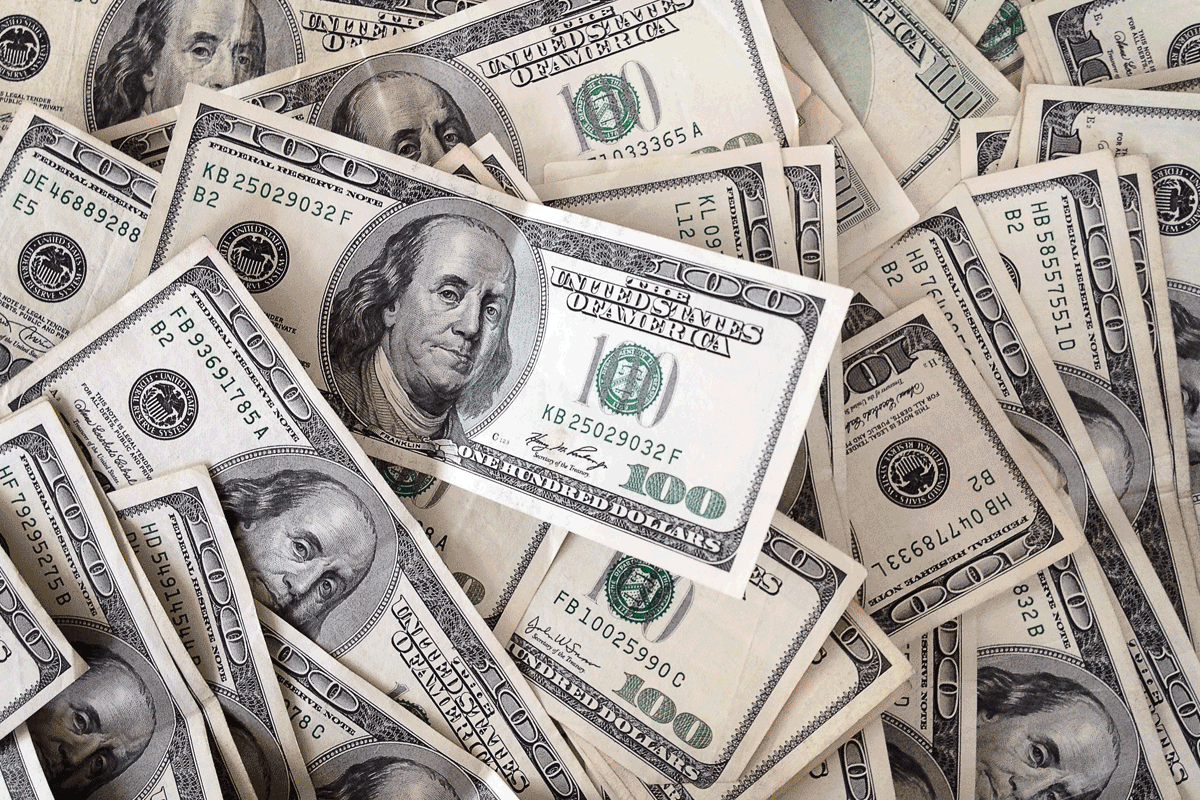
You’ll notice this is much different than today’s thinking of suddenly coming into a windfall. When most people, from homeless all the way to CEO’s, think about “getting” 10% more, they’re really not thinking in terms of ten percent more return for ten percent more work. They’re thinking of ten percent more money for the same amount of work.
So this is kind of hard to think about since there are a couple of variables that are confusing the issue. The main reason it’s not really possible today to “make your fortune” is because we have this constant inflation. This is a little off topic, but once upon a time there was no inflation. If you made ten bucks, and took that ten bucks and buried it in your back yard, you could dig it up in ten or even twenty years and it would still be worth ten bucks. Today that just ain’t the case.
So making a fortune simply by saving money isn’t possible today like it was before. But beyond this idea of constant inflation (which is a function of our banking and monetary system) let’s stick to the idea of going out and making your fortune and then returning home. When people returned home with their fortune, what exactly did they do?
Cycles Of Life – Oxygen
Every part of life has cycles. The blood that circulates through our body is always moving, never resting. And it’s either delivering energy, or picking up waste. Our red cells go to the lungs, drop off CO2 and pick up O2. Then they take that O2 to the muscles and deliver O2 and pick up CO2. They never stop.
Eating

Each human needs to consume a couple thousand calories every single day. We spend energy to get that food. It’s hard to see that now, since everything is so easy. But even now, all energy costs energy. Up until recently, each human had to expend a certain amount of energy to gain a certain amount of energy.
Cycles Of Eating
Our cultures are all centered around food. Celebrations and holidays are centered around important meals. Eating is important socially, culturally and energetically. We spend time preparing food so we can consume it. We spend time after the consumption relaxing so our bodies can digest it. Big important meals, for whatever purpose, are fundamentally in the evening for this reason.
Thinking And Acting
Even the common practice of interpreting-thinking-reacting follow this same cycle. We see something happening in our reality. We think about it, and then we act upon our reality, which changes our reality. Then we think about this new reality, and the cycle continues. This is happening all the time we are awake.
While we are thinking, we are contemplating action. Once we get to a tipping point where we anticipate our actions will yield a positive return, we act, operate on reality, and then think about the outcome. This is true whether we are playing one on one sports, or planning a vacation. Thinking, acting, noticing, and thinking again is always happening. It is a continuous process. The difficulty with which most people meditate (no thinking, no acting) illustrates this.
Cycle Of Breath
Even while purposely not acting and not thinking, a common practice is to pay attention to the normal cycle of our breathing. You can imagine a whole breath as a circle. Slow breath in, which slows near the top, and then starts the exhale. The speed increases until about half way, and then slows to the bottom, which then turns into the inhale.
Focusing on this circle of breath is a very common technique in mediation. To try and keep your breath in as perfect a circle as possible. To focus on this cycle of breath, this cycle supports the cycle of blood moving through your body, which supports the use and expenditure of energy in your body.
Planting And Harvesting Rituals
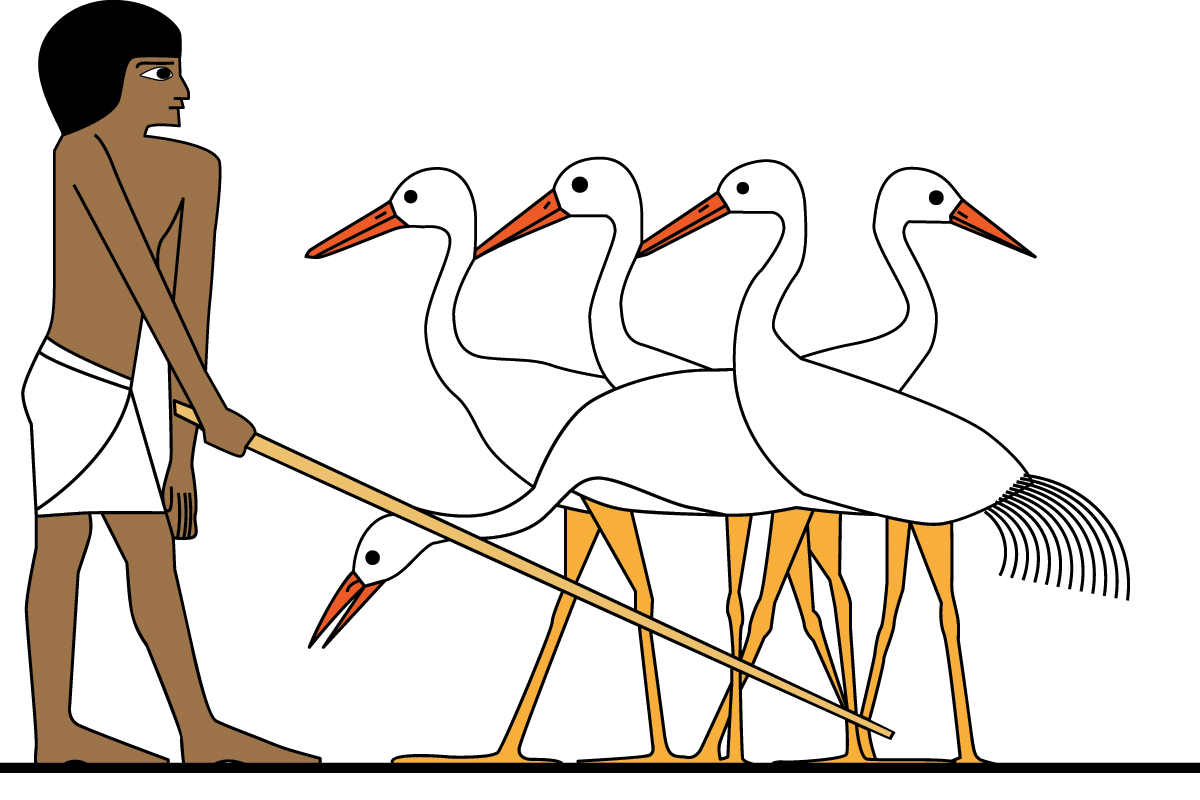
On a much bigger picture, this is the same cycle of planting and harvesting. Humans resonate with the weather and the seasons, just like our blood resonates with the air we breath in and out and the food we eat and expel as waste. Farmers plant seeds in the ground, which take the nutrition from the soil and create the plants that feed us.
After each season, the farmers need to replenish the soil before another planting. We take and give from the ground. The food we and other animals eat becomes the waste which is given back to the ground which produces the food. Similar to our blood cells picking up and delivery both energy and waste as it circulates around the body.
Meanwhile, Back At The Ranch
So what does the typical fortune maker do when he goes back to the farm after creating his fortune (by saving the difference of his production and consumption)? He slowly spends it. Inhale O2, exhale CO2. Build up a surplus, spend a surplus. Does he spend it only on himself? Or does he spend it on grandchildren, or children or cousins or other family members?
There Is No Rest
Blood cells do not rest. Breath never ceases. Work is punctuated by rest. Planting and harvesting is punctuated by winters. Winters will always turn into summers. Inhales will always turn into exhales. New moons will always turn into full moons. Hunger will always turn the lazy comfort of a full belly, which will eventually turn into hunger.
There Is No Free Lunch
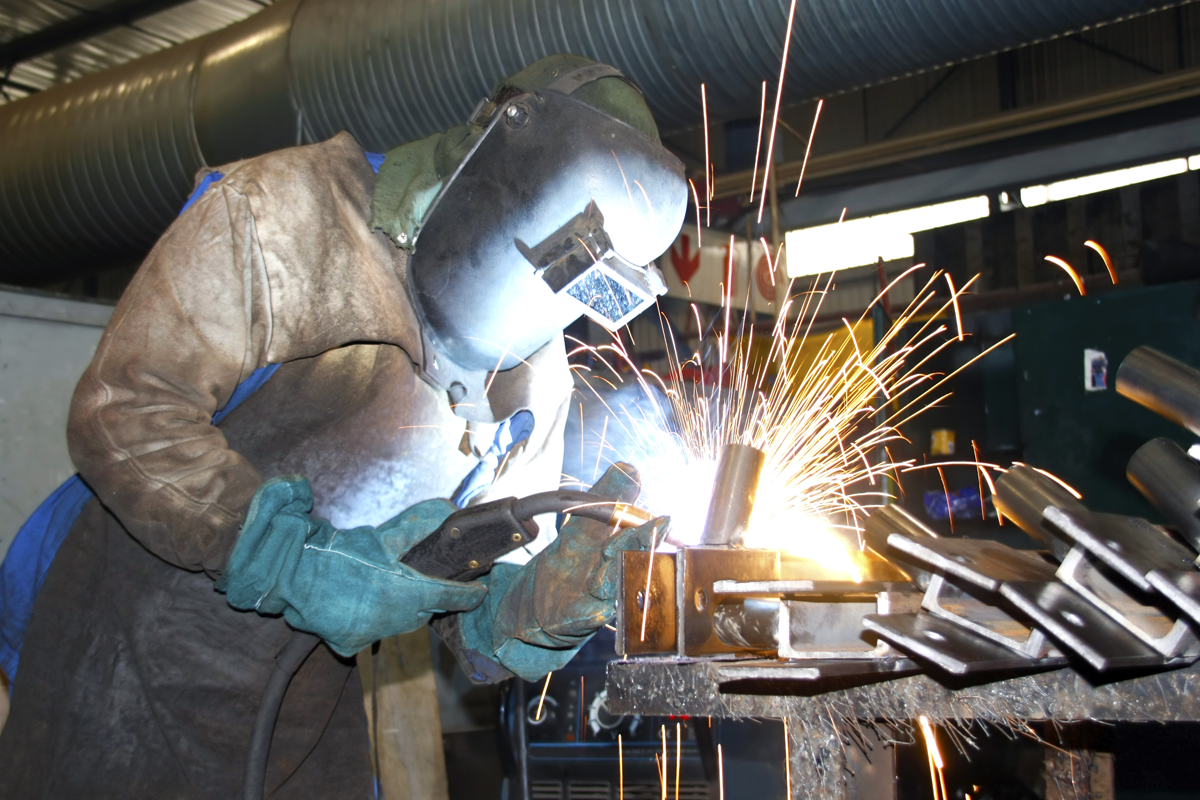
When man could not save the excess of production, because production was the animal meat taken from recently hunted prey, man did not live long beyond his productivity. Hunter gatherer life spans were short and brutish. If one did not produce, death was not far behind.
When it was possible to save up the difference of ones production, it was possible to live much longer than one was productive, but this required that one saved that much. That one could save as much as one could of ones surplus, to build up for the years of old age when productivity was impossible.
The invention of agriculture allowed for the saving of ones surplus and with it the old age to enjoy the culmination of these savings. The harder one worked, the more one produced, the more one could save, and the longer one could enjoy leisure times of non-productivity.
Equilibrium Is Static
The idea of equilibrium is static. Life is not static. Nothing about life implies anything that is standing still. Certain aspects of life are always flowing and changing.
Yin and Yang
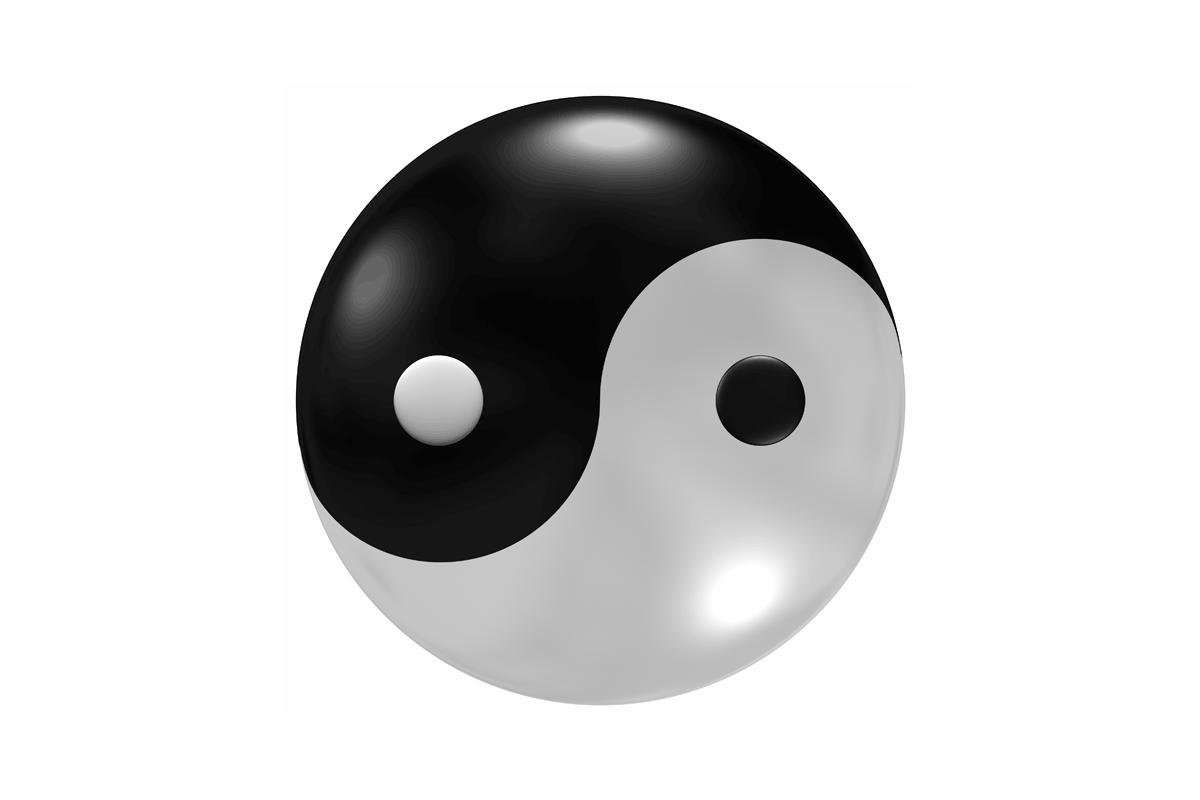
The ancient concept of Yin and Yang is one of constant flow. Yin is always becoming Yang. Yang is always becoming Yin. The only static equilibrium are things that are fixed, not living, not moving, not growing.
Embrace The Flow
Life is motion. Life is growth. Life is change. You, your friends, your relationships, your goals, your skills, all are always in flux. Most people are content to be taken by the current of life, only hoping that they will end up somewhere nice.
Others carefully measure the current, realize where it’s going, and take efforts to shift as needed, to end up where they want. Despite the massive complexities, the horrible state of the economy, the destruction of our monetary system, it is still possible to go out and make your fortune.
This requires thinking, this requires acting, and this requires accepting whatever comes next. Your life is flowing right now as you read these words, and will one day flow no more. Will you allow it to flow by, or will you chart your own course?
Learn More
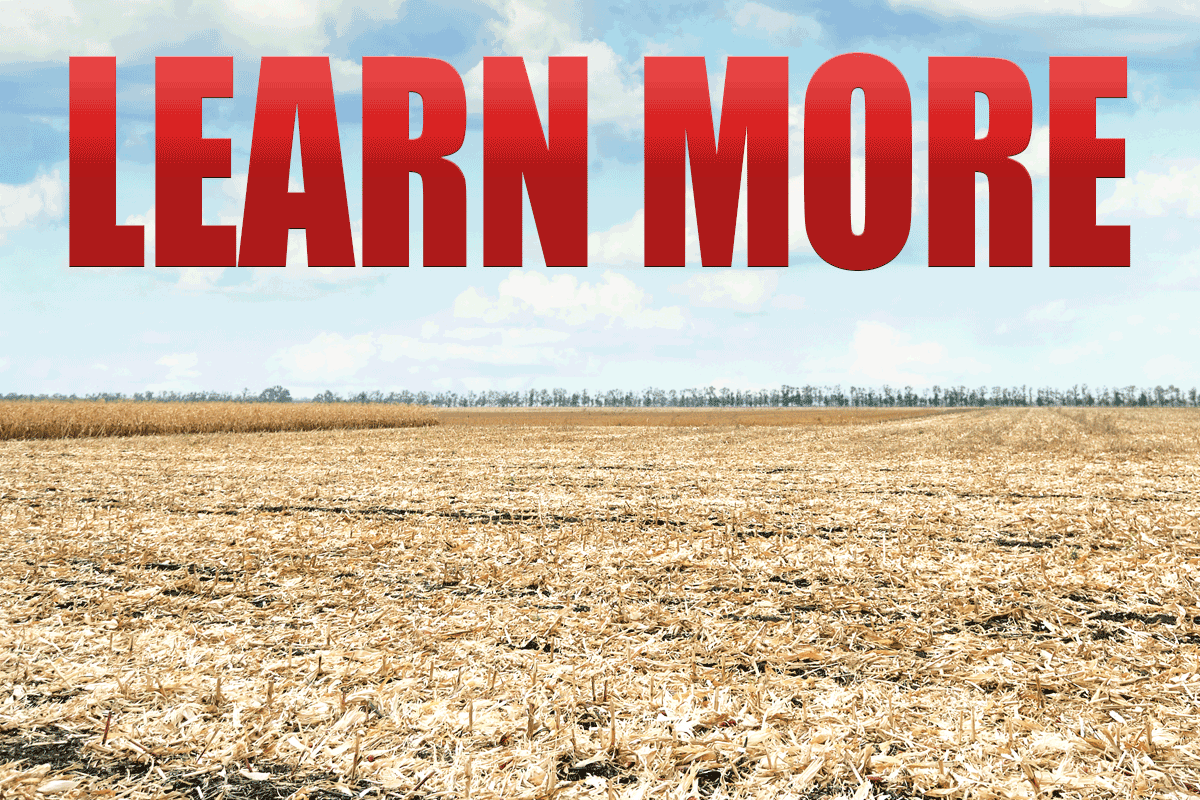
Mind Persuasion has plenty of books and courses all designed to help you get more out of life with much less effort.
Mind Persuasion Books
Mind Persuasion Courses